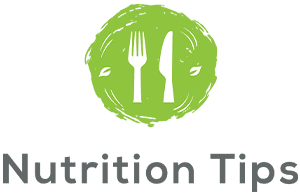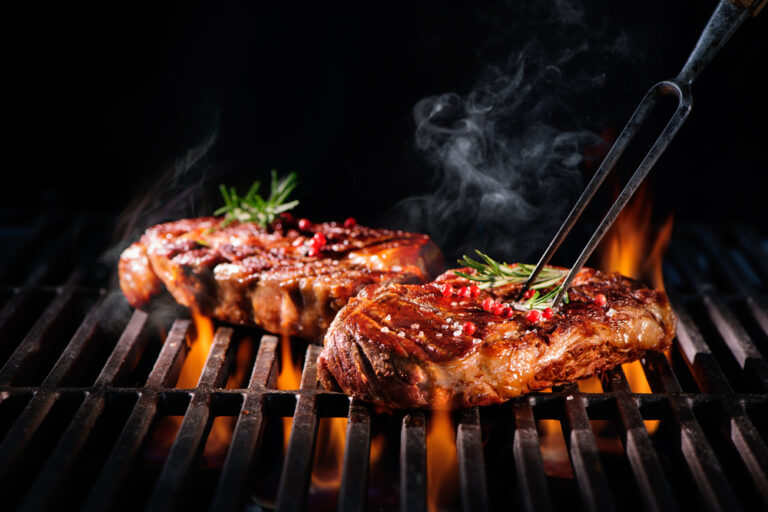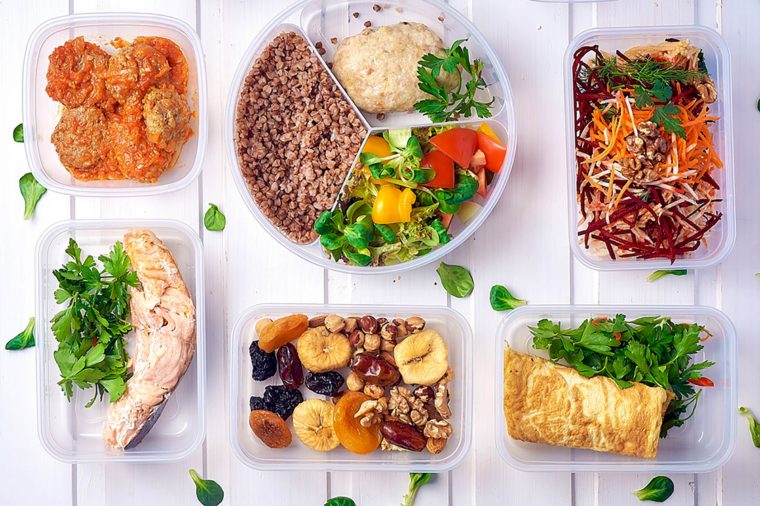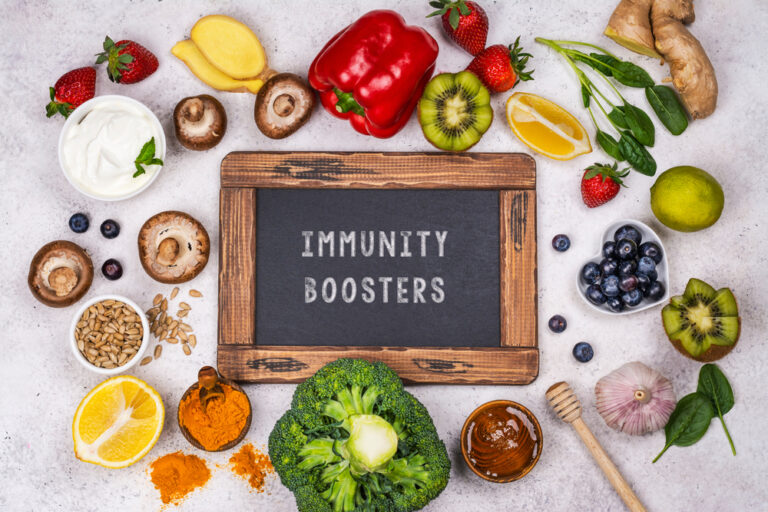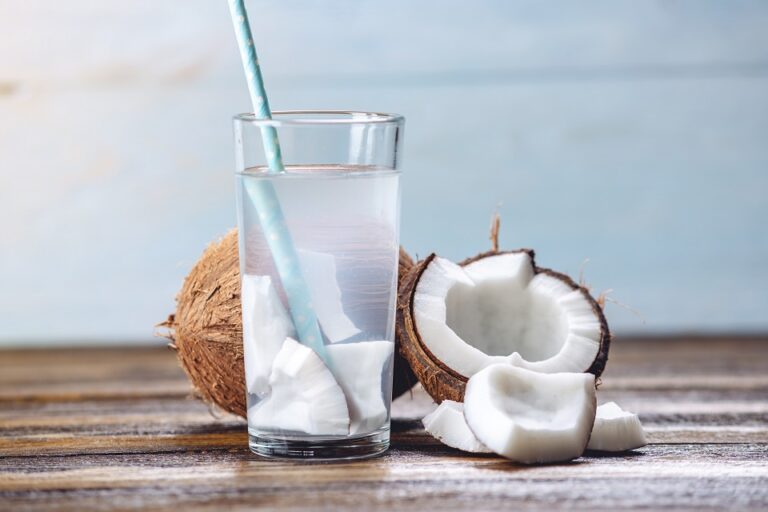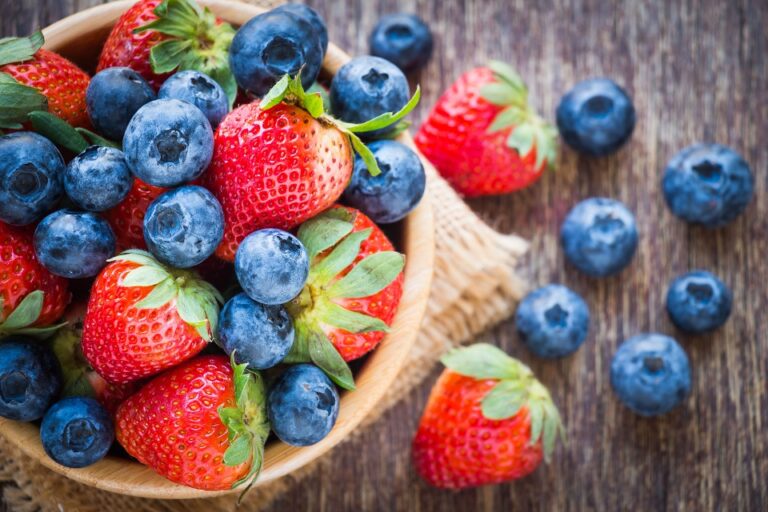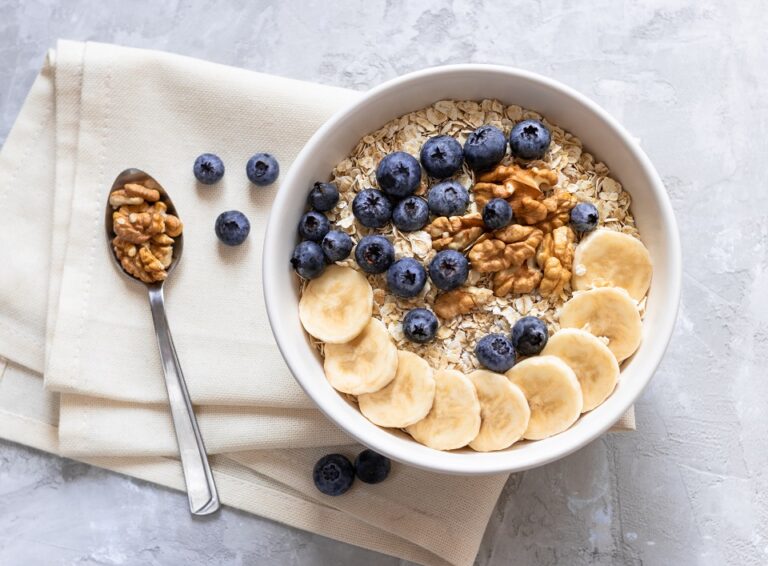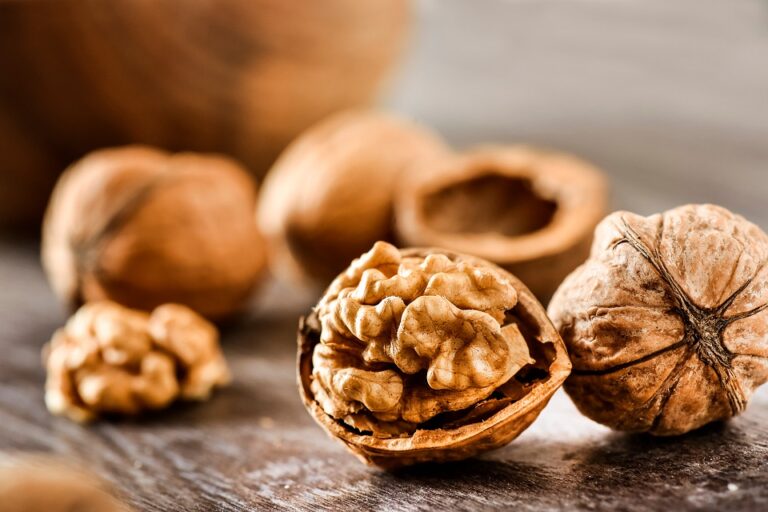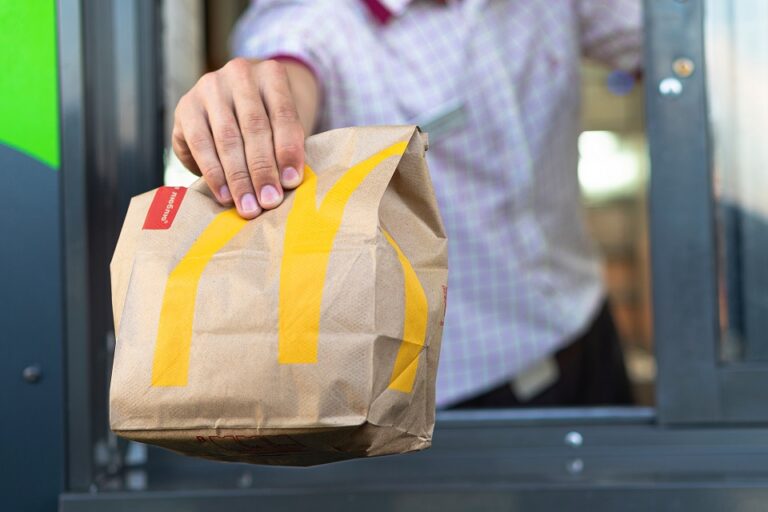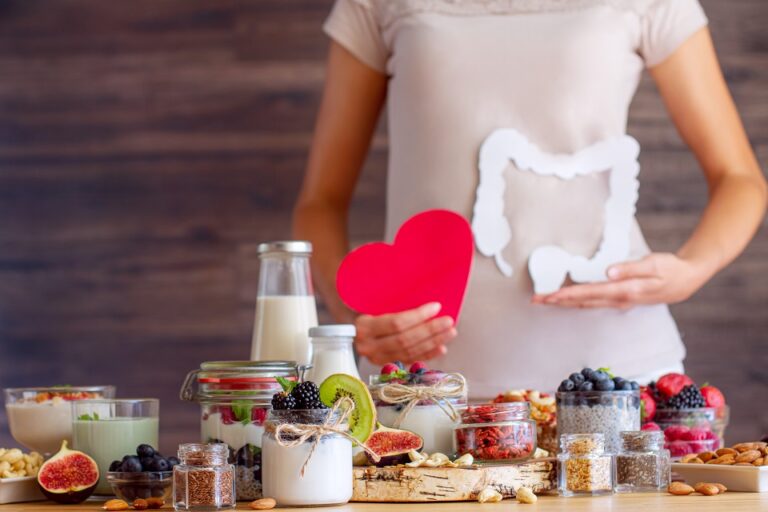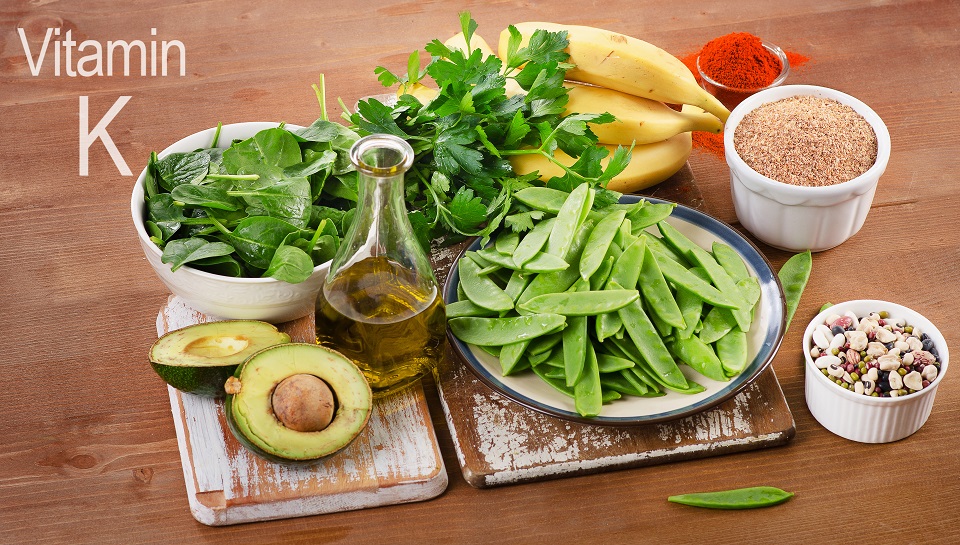
Vitamin K
So, what body function does vitamin K serve? The “K” comes from the German word “koagulation,” and it was named this way because vitamin K helps your blood coagulate or properly clot, guarding you against blood loss when severely injured.
However, vitamin K does so much more for you. For example, vitamin K is also responsible for keeping your bones strong and healthy. Researchers suggest that vitamin K plays an important role in kidney health, too. So what really happens to our bodies when we don’t get enough of this vitamin?
People who don’t get enough vitamin K experience a prolonged healing process. Their bone health is also at risk, as a vitamin K deficiency could lead to osteoporosis. Luckily, vitamin K deficiency is pretty rare. Most foods contain decent amounts of this vitamin. Plus, the bacteria found in your gut also create vitamin K.
Doctors say that people with liver disease, cystic fibrosis, or ulcerative colitis are more likely to develop a vitamin K deficiency. If you’re at risk, talk to your doctor.
Taking vitamin K supplements without consulting your doctor is not recommended as some medications like warfarin interfere with them. Still, you can’t really overdose on vitamin K supplements. And let’s say you do… according to studies, large amounts do not lead to any side effects.
It’s best to get no more than 80 mg of vitamin K per day if you’re a man and 65 mg if you’re a woman.
Foods High in Vitamin K
- Kale (half a cup: 531 mcg)
- Swiss chard (1 leaf: 398 mcg)
- Collard greens (half a cup: 386 mcg)
- Spinach (1 cup: 145 mcg)
- Beef liver (1 slice: 72 mcg)
- Pork chops (3 ounces: 59 mcg)
- Chicken (3 ounces: 51 mcg)
- Green beans (half a cup: 30 mcg)
- Prunes (5 pieces: 28 mcg)
- Kiwi (1 fruit: 28 mcg)
- Soybean oil (1 tablespoon: 25 mcg)
- Hard cheeses (1 ounce: 25 mcg)
- Green peas (half a cup: 21 mcg)
Because vitamin K is pretty easy to get from food, you don’t have to worry about having a vitamin K deficiency unless you have liver issues.

